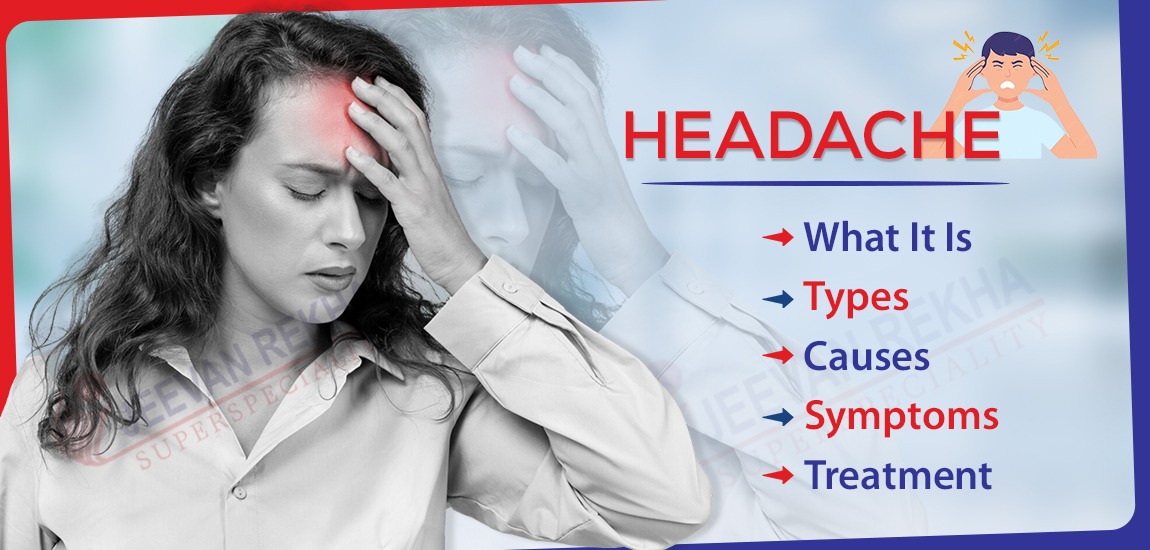Headache Disorders: Diagnosis and Treatment Options
Headache Disorders: Diagnosis and Treatment Options
Headaches are one of the most common health complaints, affecting people of all ages and backgrounds. While occasional headaches are often manageable with over-the-counter medication and lifestyle changes, chronic or severe headaches may require medical attention and intervention.
Types of Headache Disorders
Headache disorders are classified into several types, each with its own distinct characteristics and potential causes:
- Tension Headaches: These are the most common type of headache, characterized by a dull, aching pain and pressure around the forehead or the back of the head and neck.
- Migraine Headaches: Migraines are severe headaches often accompanied by nausea, vomiting, and sensitivity to light and sound. They can last for hours or even days.
- Cluster Headaches: These are intensely painful headaches that occur in clusters or cycles, typically around the same time each day or year.
- Sinus Headaches: Sinus headaches result from inflammation or infection of the sinuses and are often accompanied by facial pain and pressure.
- Rebound Headaches: Also known as medication-overuse headaches, these occur as a result of overuse of pain relief medication.
Diagnosis
Diagnosing a headache disorder involves a thorough medical history and physical examination. In some cases, additional tests such as imaging scans or blood tests may be required to rule out underlying causes.
Treatment Options
Treatment for headache disorders depends on the type and severity of the headache, as well as individual factors such as medical history and lifestyle. Common treatment options include:
- Medication: Over-the-counter pain relievers such as ibuprofen or acetaminophen may be effective for mild to moderate headaches. For severe or chronic headaches, prescription medications such as triptans or preventive medications may be necessary.
- Lifestyle Changes: Making changes to diet, exercise, sleep habits, and stress management techniques can help reduce the frequency and severity of headaches.
- Alternative Therapies: Some people find relief from headaches through alternative therapies such as acupuncture, massage, or cognitive-behavioral therapy.
- Medical Procedures: In certain cases, medical procedures such as nerve blocks or Botox injections may be recommended to alleviate chronic headaches.
Prevention
While it may not be possible to prevent all headaches, there are steps you can take to reduce your risk:
- Stay hydrated
- Get regular exercise
- Practice good posture
- Avoid known triggers such as certain foods, stress, or lack of sleep
- Limit caffeine and alcohol consumption
Conclusion
Headache disorders can significantly impact quality of life, but with proper diagnosis and treatment, many people are able to find relief. If you experience frequent or severe headaches, it's important to consult with a healthcare professional to determine the underlying cause and develop an appropriate treatment plan.


Comments
Post a Comment